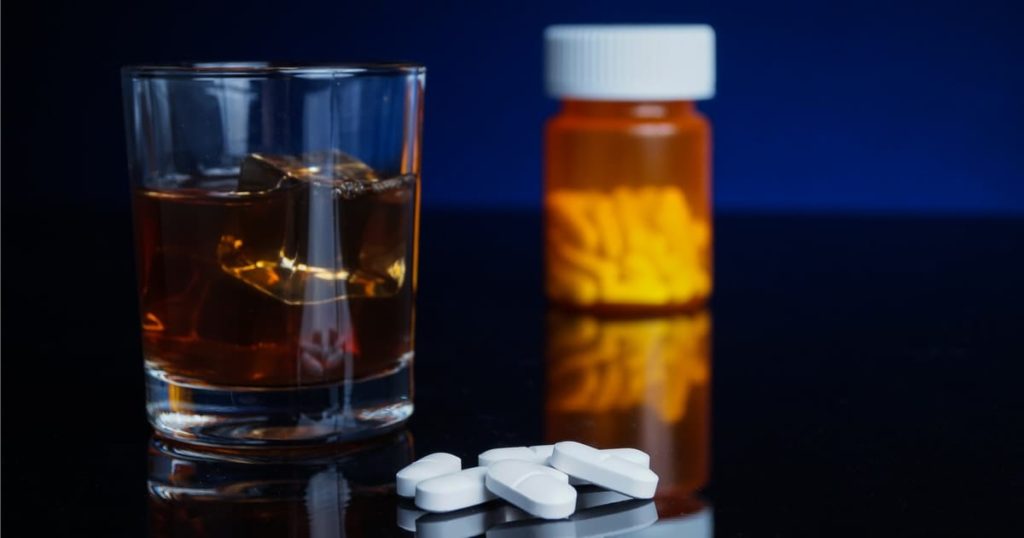Around 1 in 100 Americans suffers from obsessive-compulsive disorder (OCD), and about half of cases are classed as severe. Living with OCD often means taking medications in addition to navigating the anxiety and obsessive thoughts that characterize the condition. As a result, some OCD sufferers turn to alcohol as a form of “self medication.” However, this isn’t a good idea. Self medicating with alcohol doesn’t really work, and alcohol might dangerously interact with your OCD medication.
What Are the Most Common OCD Medications?
Treatment of OCD usually involves talk therapy and antidepressant medication. The most common type of OCD medications are selective serotonin reuptake inhibitors, commonly called SSRIs. These include fluoxetine (Prozac), sertraline (Zoloft), paroxetine (Paxil) and fluvoxamine (Luvox), but other types of antidepressants, such as tricyclic antidepressants (particularly clomipramine/Anafranil), may also be used in some cases.
Alcohol and SSRI OCD Medication: Pathological Intoxication
Although basic experiments have suggested that SSRIs don’t interact dangerously with alcohol, there is some evidence that when people taking OCD medication drink, they get much more drunk than usual. This is called “pathological intoxication,” when ordinary amounts of alcohol produce a much more pronounced effect or different effects than they usually would. For instance, if you drink your usual amount of alcohol when taking OCD medication, you could become unusually violent, and not remember much from the episode.
Specific Reactions Between Alcohol and Some Medications
SSRIs are the most common OCD medication, but tricyclic antidepressants and monoamine oxidase inhibitors (MAOIs) are prescribed to some people with OCD, and these have specific reactions with alcohol. Tricylic antidepressants can cause drowsiness and impaired coordination, and alcohol can make these side effects considerably worse. MAOIs aren’t ordinarily used for OCD, but if SSRIs are ineffective for you, your doctor might prescribe them. These medications can have a serious reaction with a chemical called tyramine found in many alcoholic drinks (including beer and wine), causing rapid increases in blood pressure. For this reason, you shouldn’t drink alcohol when taking MAOIs.
Living With OCD and Drinking Alcohol
Other issues with drinking alcohol if you suffer from OCD don’t relate to a specific OCD medication, but are still worth considering. Living with OCD is tough, and many sufferers also struggle with depression or have suicidal thoughts or behavior. Alcohol may seem like a way to cope, but drinking impacts your brain chemistry and may actually make depression worse. Similarly, alcohol reduces your inhibitions, and may make self-destructive, reckless or suicidal behavior more likely, especially if you’ve been having suicidal thoughts anyway.
OCD Medication and Alcohol Don’t Mix
Although the most common type of OCD medication probably won’t interact with alcohol, other types of antidepressant can have serious interactions with alcohol. If you’re concerned about interactions, talk to your doctor. If you’re struggling with depression or having suicidal thoughts, don’t delay reaching out to somebody for help and support, whether it’s a loved one or a professional. Sources: “Obsessive Compulsive Disorder Among Adults” – National Institute of Mental Health “Can I drink alcohol if I’m taking antidepressants?” – NHS Choices “Interaction between antidepressants and alcohol: signal amplification by multiple case reports” by D.B. Menkes and A. Herxheimer “Treatments for OCD: Medications” – Center for Addiction and Mental Health “Alcohol and Depression” – Royal College of Psychiatrists

